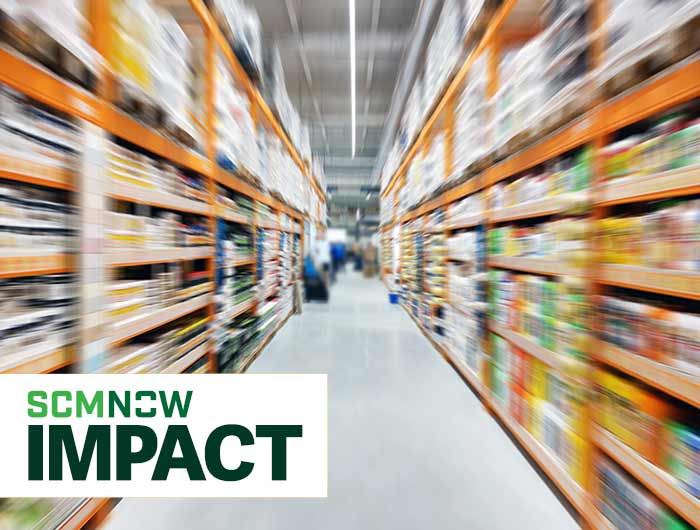In the Northern Hemisphere, summer is almost a month away, and some true believers out there espouse the upcoming season as the perfect time for gin and tonics—that refreshing, botanical and slightly fizzy cocktail. Right now in Canada, those cocktails or anything made with Bombay Sapphire London Dry Gin have the potential for an extra kick no matter what the season. Provincial authorities have issued a recall for bottles that could contain 77 percent alcohol instead of the usual 40 percent.
“The province of Ontario was the first to sound the alarm over the batch of bottles from Bombay Sapphire London Dry Gin,” Ashifa Kassam writes in The Guardian. “On Tuesday, the liquor authority said that an investigation by its quality assurance team had discovered the alcohol content to be almost double what was noted on the 1.14 [liter] bottle.”
According to the Canadian Food Inspection Agency (CFIA), Bacardi Limited, which owns the Bombay Sapphire brand, initiated the recall after it discovered that, during production, one batch was bottled before correct dilution. The CFIA is conducting a food-safety investigation, which may reveal the need to recall other products.
No illnesses have been reported due to consumption of the gin. According to The Guardian, this is the second time in two months that an alcoholic beverage in Canada has been recalled for having too much alcohol.
“In March, Ontario issued a recall of Georgian Bay vodka, after noting that some 650 bottles of the Toronto-made vodka had not been properly diluted, leading them to contain 81 percent alcohol rather than the 40 percent listed on the bottle,” Kassam writes.
Thus far, the recall affects about 6,000 bottles of Bombay Sapphire in Canada, but that hasn’t stopped the American press and late-night shows from reporting the problem. On CBS' "The Late Show with Stephen Colbert" on Monday night, Colbert satirically addressed the unlikelihood that consumers would comply with the recall: “Too much alcohol? Well you wouldn’t want that. I’m buying it for the hydration.”
Surviving product recalls
This incident illustrates the potential risk for all types of recalls. However, instead of returning spinach because of a possible E. coli contamination or a baby rattle because it poses a choking hazard, consumers could view the extra alcohol as a benefit and refuse to give up the gin.
Consider the definition of recalls, as defined by the APICS Dictionary, 15th Edition: “A step in the reverse logistics process where parts of products are returned due to a product defect or potential hazard resulting from government regulations or liability concerns.”
In the May/June 2016 APICS magazine article “The Dreaded Product Recall,” Managing Editor Elizabeth Rennie explains that product recalls can be significant or even catastrophic.
“From my experience and observations, costs to recover, repair, or replace impacted products and to retain existing or regain lost customers — as well as defamation of the brand name and reputation, loss of earnings, and other financial and economic losses — are the most common impacts,” explains Barbara Randall, divisional vice president of Great American Insurance Group’s product recall unit, in the article. “A product-recall event can cause a company to lose everything it has struggled to build for an entire lifetime.”
In her article , Rennie outlines solid strategies for effectively managing recalls. You can find out more about product recalls and a wide variety of other supply chain topics by reading APICS magazine at apics.org/magazine.

05.12.17


